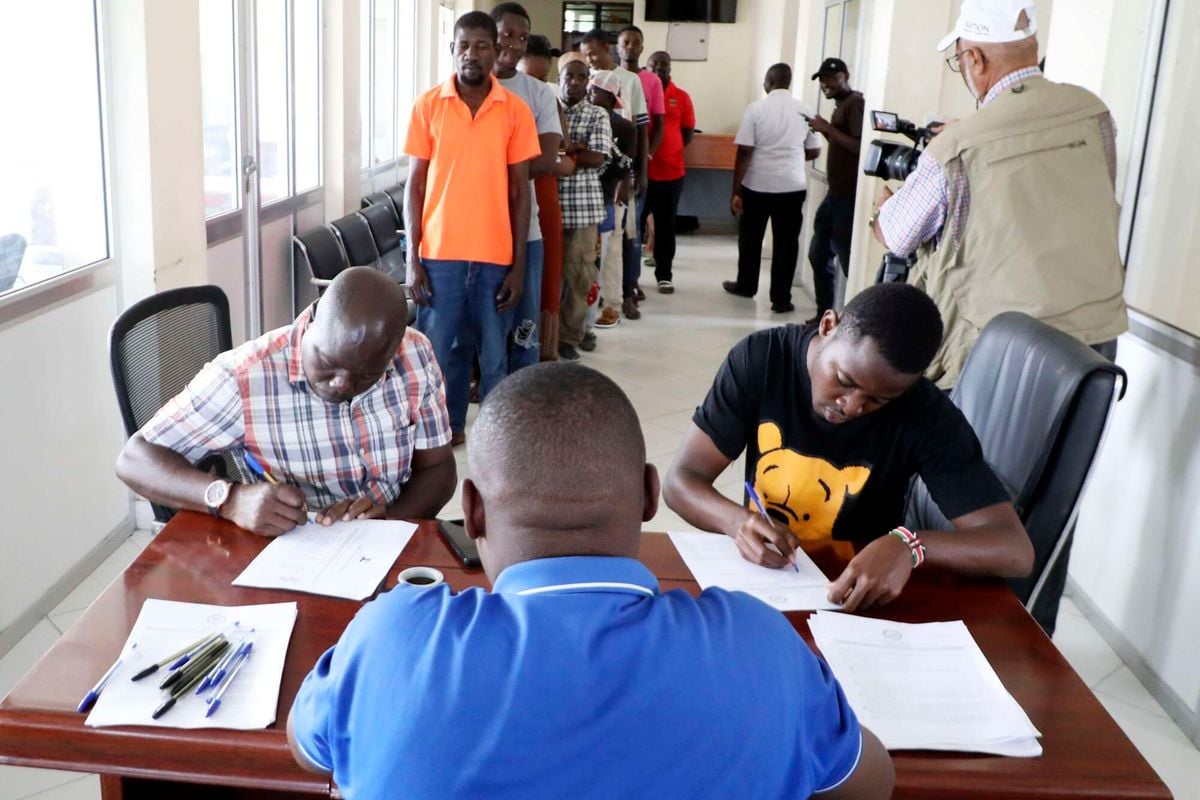
By the Constitution of Kenya 2010, Kenyans committed to a government based on the essential values of human rights, equality, freedom, democracy, social justice and the rule of law. The people of Kenya chose to exercise their sovereign and inalienable right to determine the form of governance to adopt.
At the core of any democratic society is the element of public participation. The Constitution has embedded this principle in its Preamble, Article 10(2) on national values and Article 118 which speaks to public access and participation.
Recent events in the country including the ongoing impeachment proceedings against Deputy President have brought to light glaring gaps, misunderstanding and the need for a defined process of public participation.
Recent court decisions have shown that government officials are hardly involving the people actively in policy making and legislation but have instead carried out public participation as a “cosmetic” exercise merely to tick a box.
Courts have found as unconstitutional and lacking in process the Finance Bill 2023, the Privatisation Act 2023 and the implementation of the new Social Health Insurance Fund (SHIF) for lack of public participation.
In 2019, the Supreme Court in the case of BAT against the Ministry of Health and Others, laid out the ingredients of a meaningful public participation.
These include clarity of the subject matter for the public to understand; structures and processes (medium of engagement) of participation that are clear and simple; opportunity for balanced influence from the public in general; commitment to the process; inclusive and effective representation; integrity and transparency of the process; capacity to engage on the part of the public, including that the public must be first sensitized on the subject matter.
Parliament on its part in August 2022, reviewed and published Factsheet No. 14 which sets out the guidelines for effective public participation in legislative process.
Despite these guidelines, the government and public institutions have not mustered watertight processes of public participation as envisaged by the Constitution. The Gen Z led protests against the Finance Bill 2024 brought to fore the dissatisfaction of citizens on the lack of public involvement in drafting the Bill, resulting in violation of constitutional democracy.
Lately, procurement of renovation contracts for the JKIA to the Adani Group is the subject of public and court scrutiny following the secrecy and lack of public participation.
A challenge on the implementation of the new funding model for university education has been filed before the courts on grounds of lack of public participation among others. It appears that the government has not figured out how to conduct public participation in an effective manner or has simply chosen to bypass the constitutional requirements.
Perhaps, the enactment of a public participation law, currently in draft form through the Public Participation Bill 2024, and its effective implementation may herald a new age of meaningful public participation.
The Bill paves way for citizens’ involvement in matters of governance by setting out a mechanism for complaints and their redress through institutions such as the National Commission on Human Rights Commission, Commission on Administrative Justice, Independent Police Oversight Authority, among others.
The Bill also provides general guidelines intended to guide public bodies during public participation exercises, from commencement to completion. The only downside, perhaps, is that the Bill does not speak to the quantitative aspect of public participation, including ascertaining the appropriate and acceptable sample size for nationwide public participation.
Kenya can borrow a leaf from countries that have succeeded in involving citizens in decision-making. The South African Parliament has adopted what is known as “Arnstein’s Ladder of Participation” which provides an overview on conduct of public participation to inform, consult, involve and finally provide feedback.
Such a model is designed to ensure that each stage of public participation increases the opportunity for citizens to influence decisions that directly affect them.
The Environmental Protection Agency in the USA has adopted what is known as the “Spectrum of Public Involvement” a model with 5 key processes for successful public participation. These are outreach, information exchange, recommendations, agreements and stakeholder action.
Each process involves a methodology to achieve intended outcomes. For example, the outreach process may involve use of press releases, the recommendation stage may involve establishment of a task force, whereas the agreement stage may involve negotiations.
This ensures that the overall public participation process appreciates the views of all citizens and filters the quality of feedback received.
In the absence of a clear and scientific method of collecting views from Kenyans, public participation will remain a mere public relations exercise devoid of constitutional threshold. If the executive and legislature do not step up their game on this aspect, there is a likelihood that policy decisions and legislation intended to achieve government objectives will continue to be challenged.
Martin Munyu (Partner), Saadia Abdi (Associate) and Abraham Wakiaga (Associate), Grace Mwenda (Trainee Lawyer) all at DLA Piper Africa Kenya, (IKM Advocates)









